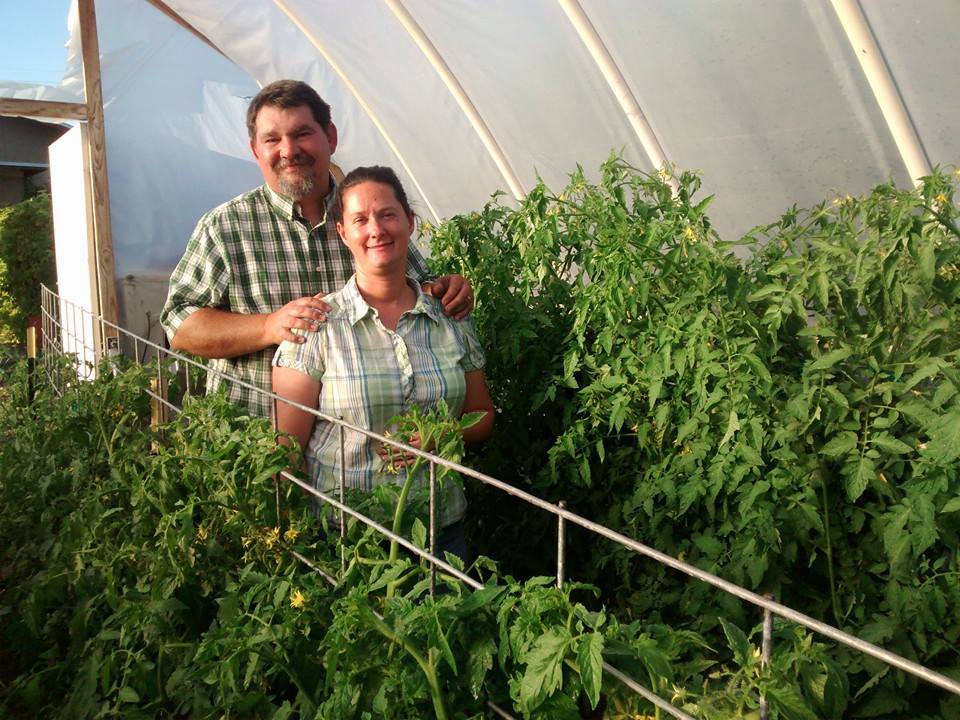In January 2020, Christina Amadio, co-owner of the Amadio Ranch located in Laveen, Arizona, warned employees of a potential slowdown coming out of the holiday months.
As with the rest of the expectations surrounding 2020, however, Amadio saw the exact opposite.
“March, April and May were probably the biggest months of sales we have ever had,” Amadio said.
Amadio credits Arizona’s spike of COVID-19 cases in March as the catalyst behind the influx of business at Amadio Ranch.
With a self-serve farm stand and weekly truck stops in Ahwatukee and Gilbert, day-to-day operations continued as normal at Amadio, unlike other businesses affected by Gov. Doug Ducey’s executive order shutdown in March.
“When you come here to the farm to purchase something, it’s all self-serve,” Amadio said. “It’s all outside. Because of that, people came because they didn’t have to see someone, they didn’t have to socialize.”

Since the pandemic struck, Amadio said they expanded the business as “an alternative to going to the park.”
The ranch opened its orchards to children, even placing a slide among the 200 fruit trees.
“People are wanting to get out and do things now,” Amadio said. “They’re tired of being in shutdown. That’s been positive for us, being able to be a spot for people to come out and enjoy.”
The most prominent factor behind Amadio Ranch’s growth, however, has been food insecurity.
“With the pandemic, people were thinking of alternative ways to shop without having to go to a grocery store,” Amadio said.
Many grocery stores faced shortages in the early months of the pandemic, according to AZ Family, leading Arizona residents to seek out other food sources.
Urban Farm General Manager Greg Peterson, who defined himself as “the person on the planet responsible for transforming our local and global food systems”, attributed this food insecurity to the increased interest in urban farming.
“I believe people were freaked out by the pandemic and it’s pushed them more towards growing their own food,” Peterson said.
Urban Farm serves as a space to teach clients how to grow their own organic food and promote sustainability in Phoenix.
Since the start of the pandemic, 22,000 people have joined Urban Farm’s email list.
Although they have offered webinar classes since 2014, Peterson said their biggest challenge was adapting to a fully virtual format.
Over a period of 90 days earlier this summer, Urban Farm offered 63 online courses. Peterson describes the attendance as “unprecedented.”
According to the city of Phoenix, there are 43 food deserts, places more than a mile away from fresh food, in the valley.
Peterson hopes the pandemic will encourage Arizonans to make a permanent change when it comes to their food systems, leading to a healthier, greener Phoenix.
A study done by Arizona State University researchers in 2019 showed that 28 square miles of land are available for urban farming in Phoenix. This could supply the city with 183,000 tons of fresh produce per year, the report continued.
“The most important thing we can be doing right now is figuring out where our food comes from and learning how to grow our own,” Peterson said.




